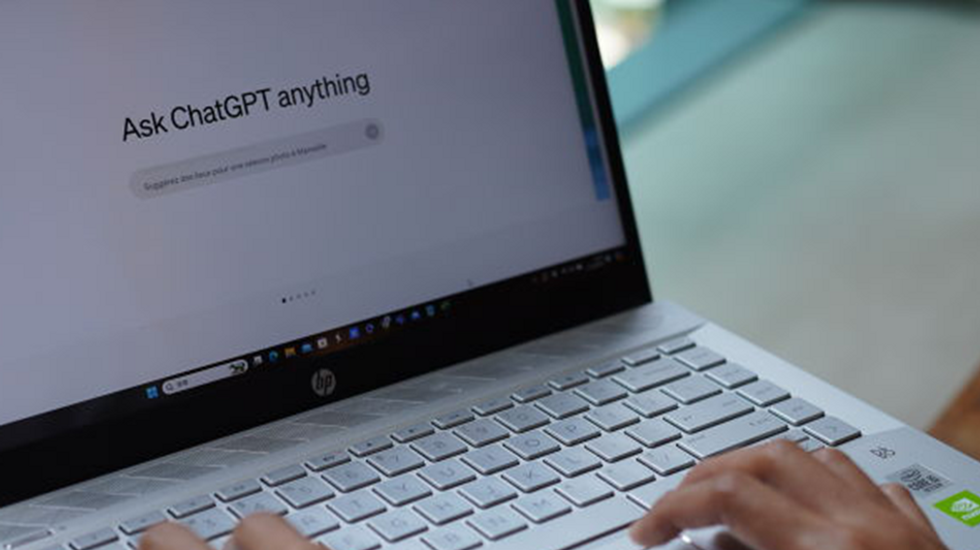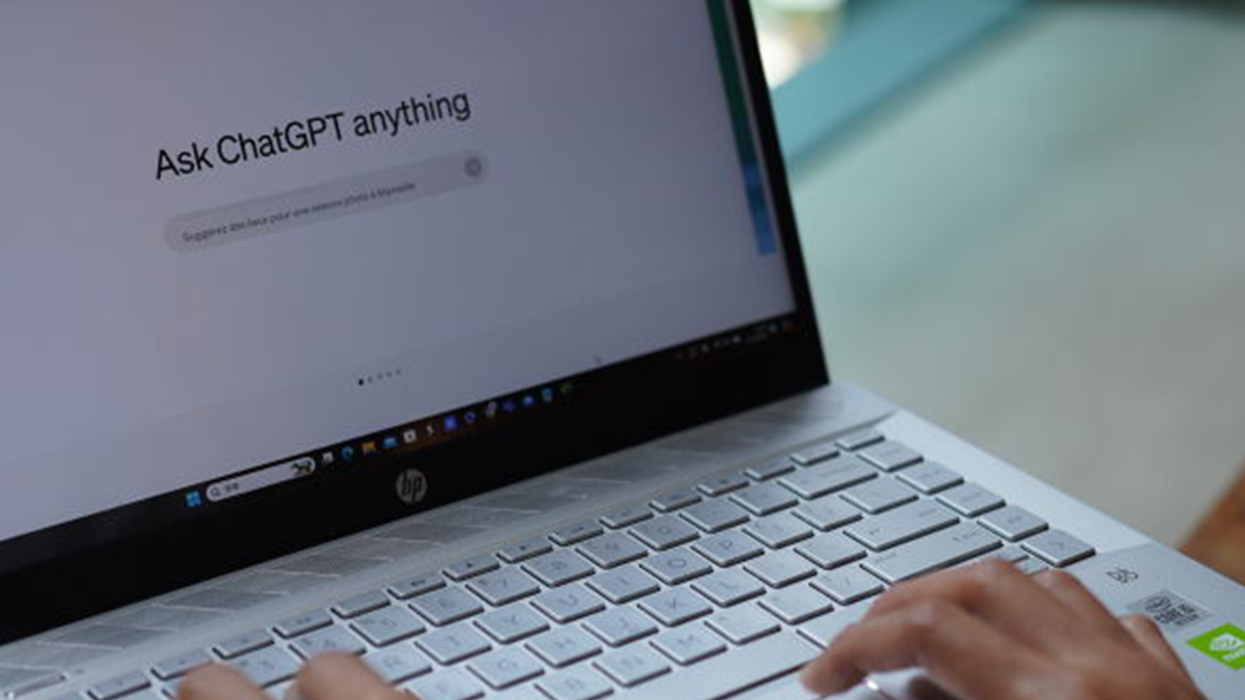MIT studied the effects of using AI on the human brain — the results are not good


The effect of artificial intelligence language models on the brain was studied by MIT by comparing the brain waves of different participants in an essay-writing contest. For those that relied on AI to write their content, the effects on their brains were devastating.
The study, led by Nataliya Kosmyna, separated 54 volunteers (ages 18-39) into three groups: a group that used ChatGPT to write the essays, a second group that relied on Google Search, and a third group that wrote the essays with no digital tools or search engine at all.
Brain activity was tracked for all groups, showcasing mortifying results for those who had to rely on the AI model in order to complete their task.
'Made the use of AI in the writing process rather obvious.'
For starters, the ChatGPT users displayed the lowest level of brain stimulation of the groups and, as noted by tech writer Alex Vacca, brain scans revealed that neural connections dropped from 79 to just 42.
"That's a 47% reduction in brain connectivity," Vacca wrote on X.
The Financial Express pointed out that toward the end of the task, several participants had resorted to simply copying and pasting what they got from ChatGPT, making barely any changes.
The use of ChatGPT appeared to drastically lower the memory recall of participants as well.
RELATED: ChatGPT got 'absolutely wrecked' in chess by 1977 Atari, then claimed it was unfair
Over 83% of the ChatGPT users "struggled to quote anything from their essays," while for the other groups, that number was about 11%.
According to the study, English teachers who reviewed the essays found the AI-backed writing "soulless," lacking "uniqueness," and easy to identify.
"These, often lengthy, essays included standard ideas, reoccurring typical formulations and statements, which made the use of AI in the writing process rather obvious," the study said.
The group that received no assistance in research or writing exhibited the highest reported levels of mental activity, particularly in the part of the brain associated with creativity.
Google Search users were better off than the ChatGPT group, as the search for the information was far more stimulating to the brain than it was to simply ask ChatGPT a question.
RELATED: Big Tech execs enlist in Army Reserve, citing 'patriotism' and cybersecurity
 Photo by Jaap Arriens/NurPhoto via Getty Images
Photo by Jaap Arriens/NurPhoto via Getty Images
Blaze Media's James Poulos said that while some producers and consumers of AI considered it a good thing to increase human dependency on machines for everyday thinking, "the core problem most Americans face is the same default toward convenience and ease that leads us to seek 'easy' or 'convenient' substitutes in all areas of life for our own initiative, hard work, and discipline."
Ironically, Poulos explained, this can quickly lead to overcomplicating our lives where they ought to be straightforward by default.
"The bizarre temptation is getting stronger to build Rube Goldberg machines to perform simple tasks," Poulos added. "We're pressured to think enabling our laziness is the only way we can create value and economic growth in the digital age. But one day, we wake up to find that helplessness doesn't feel so luxurious anymore."
In summary, the "brain‑only group" exhibited the strongest, widest‑ranging neural networks of the three sets of volunteers.
Like Blaze News? Bypass the censors, sign up for our newsletters, and get stories like this direct to your inbox. Sign up here!
Originally Published at Daily Wire, Daily Signal, or The Blaze
What's Your Reaction?
 Like
0
Like
0
 Dislike
0
Dislike
0
 Love
0
Love
0
 Funny
0
Funny
0
 Angry
0
Angry
0
 Sad
0
Sad
0
 Wow
0
Wow
0











































































